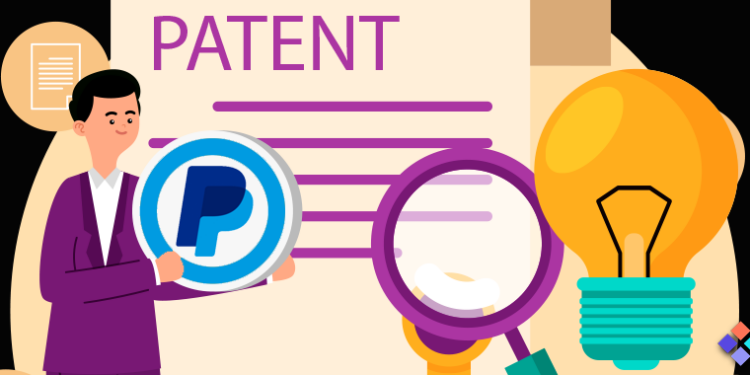PayPal, the renowned international payment system, continues to make significant strides in establishing its own blockchain ecosystem. In addition to launching its stablecoin, PYUSD, PayPal has recently filed a patent for a royalty-friendly marketplace that will facilitate the purchase and transfer of non-fungible tokens (NFTs).
The patent, which was filed six months ago in March and published on September 21, outlines a unique method for executing NFT transactions both on and off-chain using any currency. This marketplace aims to differentiate itself by enabling users to participate in NFT transactions through a third-party service provider and fully unlock the potential of virtual assets through governance tokens. This will allow a wide range of digital data to be tokenized, including images, music, videos, art, collectibles, event tickets, legal documents, and even physical rewards.
One interesting aspect of the PayPal NFT marketplace is the rumored use of a decentralized autonomous organization (DAO) associated with the service provider. The DAO will help enhance NFT liquidity on the platform. Moreover, the NFTs themselves will generate ongoing income for rights holders and creators, thanks to the inclusion of royalty provisions in the smart contracts. This combination of DAOs and royalties ensures both equity and sustainability within the platform.
To streamline transactions and reduce the associated blockchain network fees, users will not be required to use their blockchain wallets, although they can do so if they prefer. Alternatively, off-chain transactions can be overseen through an “omnibus wallet.” This approach aims to make the PayPal NFT marketplace more accessible and user-friendly for a wider range of participants.
While an exact release date for the PayPal NFT marketplace has not been announced, it is clear that the finance giant is dedicated to creating a more inclusive and sustainable NFT ecosystem. The platform aims to provide a space where investors, creators, and users can freely thrive both on and off-chain.
The introduction of PayPal into the NFT space is significant, as it brings the credibility and robustness of a well-established financial institution to the rapidly growing world of digital assets. PayPal’s entrance into the market signals a validation of NFTs as a legitimate asset class worthy of attention from mainstream investors and institutions. This move by PayPal also underscores the increasing adoption and integration of blockchain technology in traditional financial systems.
By leveraging blockchain technology, PayPal can offer increased transparency, security, and efficiency in NFT transactions. The decentralized nature of blockchain allows for greater traceability and immutability of ownership, which is particularly valuable when dealing with unique and valuable digital assets like NFTs.
Moreover, the royalty provisions within smart contracts ensure that creators and rights holders are fairly compensated for their work, even after the initial sale. This provides a sustainable revenue stream for artists and incentivizes the creation of high-quality digital content. Additionally, the use of DAOs helps foster community participation and decision-making, further enhancing the overall ecosystem’s health and vitality.
As PayPal continues to develop its blockchain ecosystem, it is likely to attract a broader audience to the world of NFTs. The platform’s user-friendly interface and integration with traditional banking systems make it more accessible to individuals who may have been hesitant to explore this emerging asset class.
In conclusion, PayPal’s pursuit of establishing its NFT marketplace through a recently filed patent demonstrates the company’s commitment to embracing blockchain technology and expanding its presence in the digital asset space. This move not only contributes to the growing adoption of NFTs but also brings mainstream recognition and credibility to this innovative form of digital ownership. As the PayPal NFT marketplace develops, it has the potential to shape the future of digital art, collectibles, and other virtual assets, offering a sustainable and inclusive ecosystem for creators, collectors, and investors alike.










